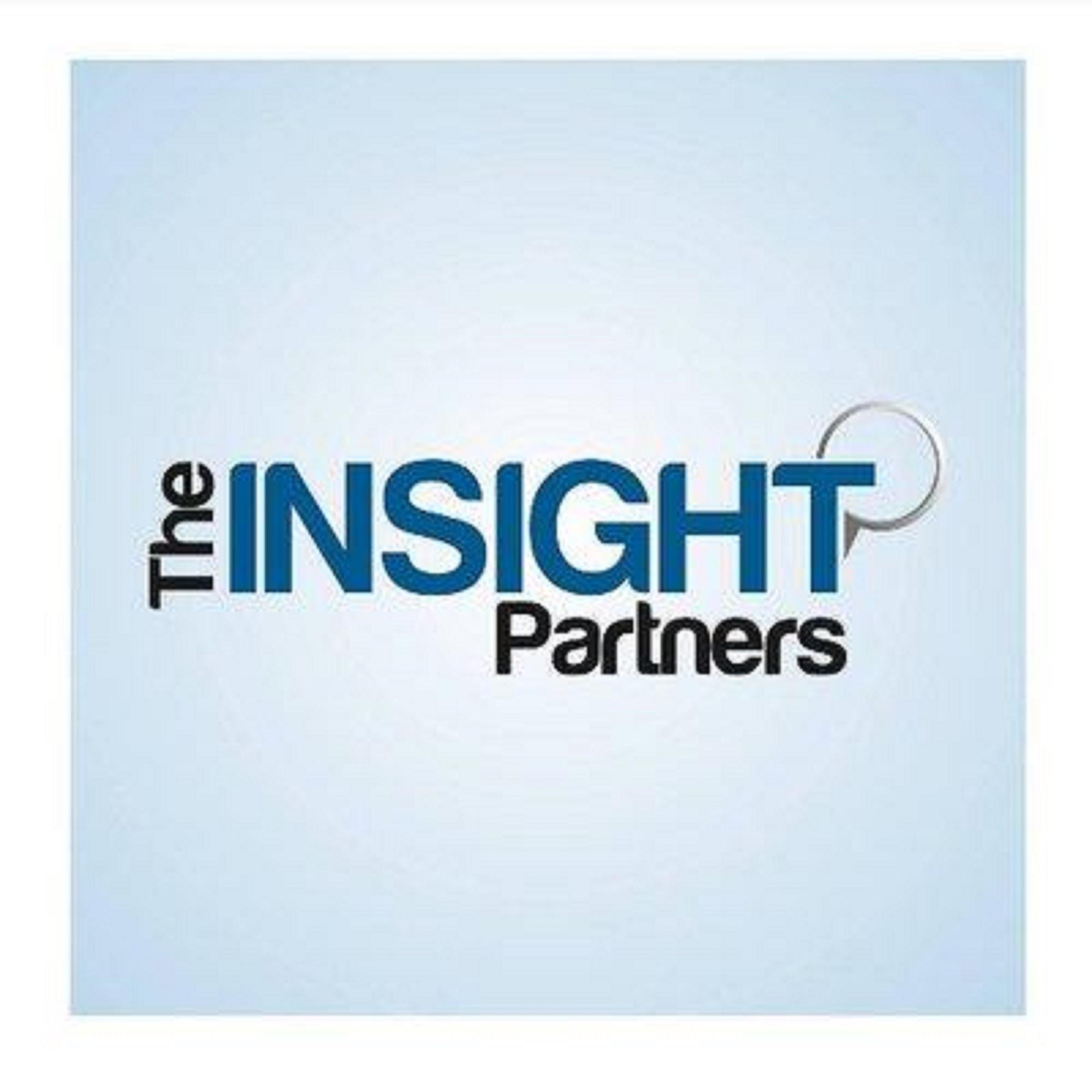United States of America – [29-10-2025] – The Insight Partners is pleased to announce its latest market research report, “Fiber Optic Sensors Market: An In-depth Analysis of the Fiber Optic Sensors Market.” The report offers a comprehensive overview of the Fiber Optic Sensors Market, analyzing current dynamics, market opportunities, and growth trends anticipated from 2025 to 2031.
Overview of the Fiber Optic Sensors Market
The Fiber Optic Sensors Market is witnessing significant transformation driven by advancements in sensing technologies, growing demand for real-time monitoring systems, and the need for high-performance sensors across various industries. Fiber optic sensors are increasingly being adopted for their immunity to electromagnetic interference, high sensitivity, and ability to function in harsh environments.
These sensors are critical in oil & gas exploration, aerospace, infrastructure, and manufacturing industries—providing reliable data for temperature, pressure, strain, and acoustic monitoring. The adoption of smart sensing technologies is further accelerating the integration of fiber optic sensors in structural health monitoring, pipeline surveillance, and power distribution systems.
Key Findings and Insights
Market Size and Growth
The fiber optic sensors market size is projected to reach US$ 6.76 billion by 2031, from US$ 3.61 billion in 2024, registering a CAGR of 9.7% during 2025–2031. This strong growth underscores increasing deployment in industrial automation, safety monitoring, and renewable energy infrastructure.
Key Factors Influencing Market Growth:
Rising demand for real-time structural health monitoring in infrastructure and energy sectors.
Growing need for high-precision sensing solutions in oil & gas and aerospace applications.
Technological advancements in Distributed Acoustic Sensing (DAS) and Fiber Bragg Grating (FBG) technologies.
Expansion of smart grid and renewable energy projects, boosting sensor applications.
Increasing use of optical sensors in hazardous environments where traditional sensors fail.
Market Segmentation
By Sensing Type
Temperature Sensing
Pressure Sensing
Acoustic Sensing
Strain Sensing
By End User
Oil and Gas
Manufacturing
Infrastructure
Aerospace and Defense
Power and Utilities
By Application
High-voltage or High-power Cable Monitoring
Pipeline Monitoring
Upstream Application
Fire Detection in Critical Assets
CCS/CCUS Application
This segmentation highlights the wide range of applications where fiber optic sensors play a pivotal role in enhancing safety, efficiency, and performance across industries.
Spotting Emerging Trends
Technological Advancements
The Fiber Optic Sensors Market is being reshaped by innovations in FBG, Distributed Temperature Sensing (DTS), and Distributed Acoustic Sensing (DAS) technologies. These advancements enable long-range monitoring, improved data accuracy, and enhanced resilience in extreme environments. The integration of fiber optics with Internet of Things (IoT) platforms is also fostering smarter monitoring systems, enabling predictive maintenance and operational optimization.
Changing Consumer Preferences
End users are increasingly seeking compact, reliable, and low-maintenance sensing solutions. The trend toward digitization of industrial processes and remote monitoring has accelerated the adoption of fiber optic sensors that can operate under high voltage, extreme temperature, or corrosive conditions. Moreover, industries such as renewable energy and manufacturing are prioritizing sustainable and high-efficiency sensing technologies.
Regulatory Changes
Governments and industry regulators are emphasizing safety, environmental protection, and infrastructure integrity, leading to greater investments in monitoring systems. Regulations in the oil & gas sector, as well as mandates for pipeline and structural safety compliance, are encouraging the adoption of fiber optic sensing solutions to prevent leaks, equipment failures, and accidents.
Growth Opportunities
The Fiber Optic Sensors Market presents substantial opportunities for expansion:
Energy Infrastructure Modernization: Increasing demand for sensors in monitoring power grids and renewable energy systems.
Smart City Development: Deployment of fiber optic sensors for bridge, tunnel, and building monitoring.
Oil & Gas Digitization: Use of distributed sensing for pipeline integrity and reservoir monitoring.
Aerospace and Defense Applications: High-precision sensing for aircraft structural health and defense systems.
Integration with AI and Cloud: Enhancing data analytics and real-time diagnostics for predictive maintenance.
These opportunities indicate the market’s critical role in supporting global infrastructure reliability, environmental safety, and industrial automation.
Market Leaders and Key Company Profiles
Leading companies in the Fiber Optic Sensors Market are focusing on technological innovation, strategic partnerships, and the development of integrated sensing solutions. Prominent players include:
Baumer Holding AG
Pepperl+Fuchs SE
Wenglor Sensoric GmbH
NEC Corp
Proximion AB
OMRON Corp
Sick AG
Omnisens SA
FISO Technologies
Luna Innovations
These organizations are at the forefront of delivering advanced fiber optic sensing technologies for critical industrial and defense applications. Their focus on research and development continues to push the boundaries of accuracy, durability, and efficiency in sensing systems.
Conclusion
The Fiber Optic Sensors Market: Global Industry Trends, Share, Size, Growth, Opportunity, and Forecast 2023–2031 report offers valuable insights for businesses and investors seeking to enter or expand within this fast-growing market. As industries worldwide embrace automation, smart monitoring, and sustainability, fiber optic sensors are emerging as essential tools for precision measurement and data-driven decision-making.
The Insight Partners is a one-stop industry research provider of actionable intelligence. We help our clients get solutions to their research requirements through our syndicated and consulting research services. We specialize in semiconductor and electronics, aerospace and defense, automotive and transportation, biotechnology, healthcare IT, manufacturing and construction, medical devices, technology, media and telecommunications, and chemicals and materials.
Contact Us:
· If you have any queries about this report or if you would like further information, please get in touch with us:
· Contact Person: Ankit Mathur
· E-mail: ankit.mathur@theinsightpartners.com
· Phone: +1-646-491-9876

Join our community to interact with posts!